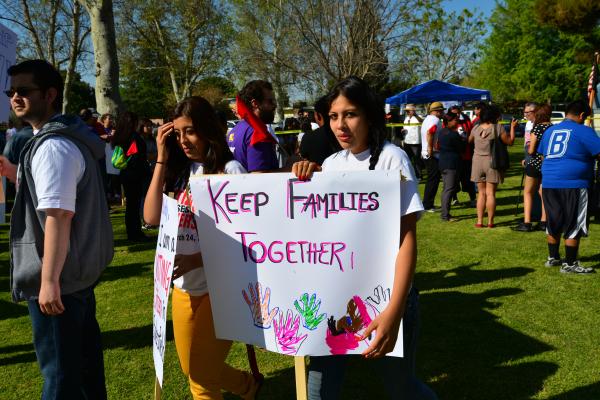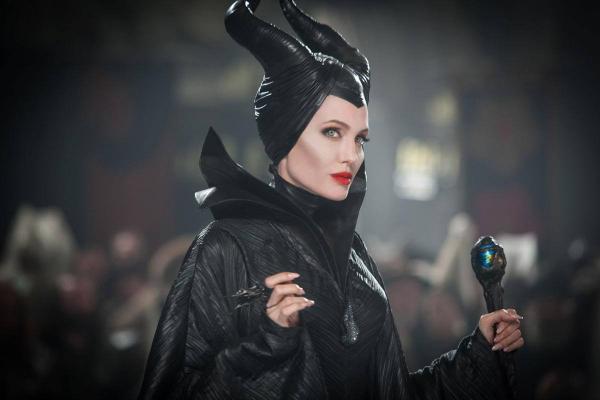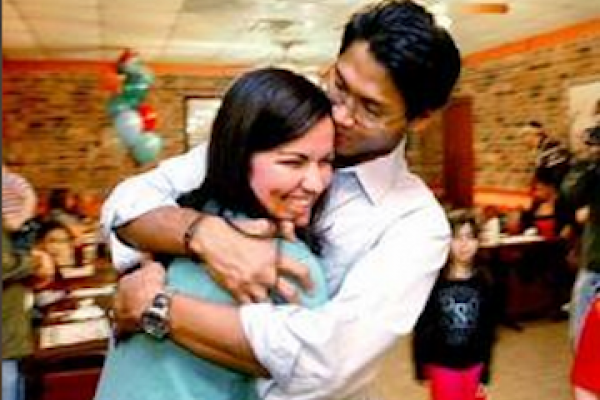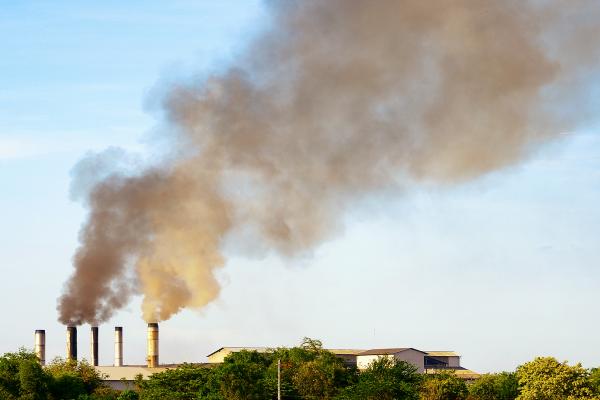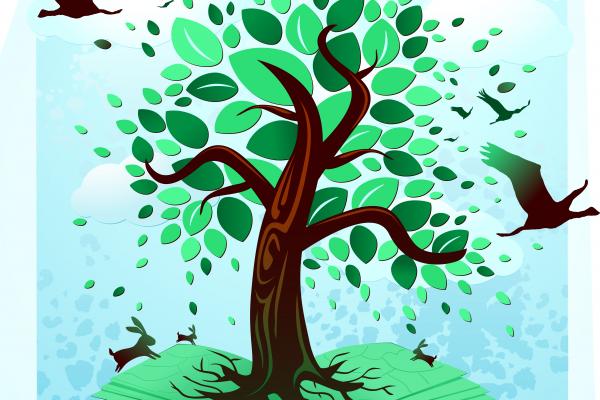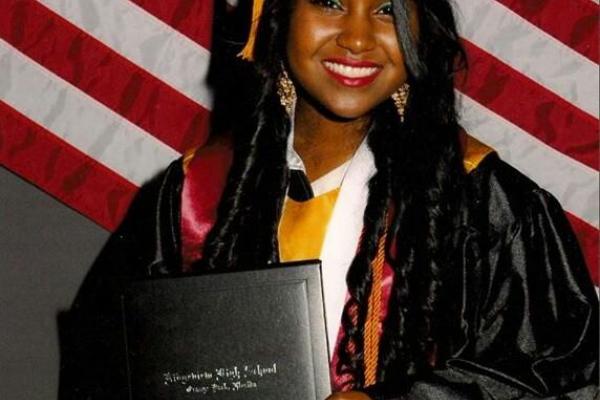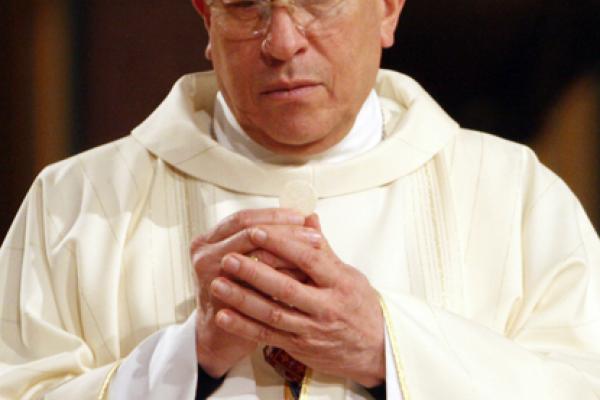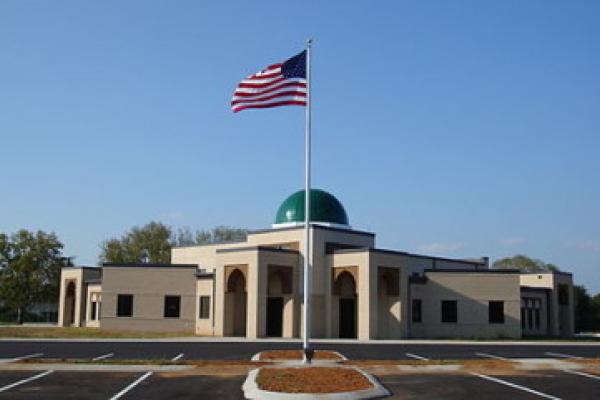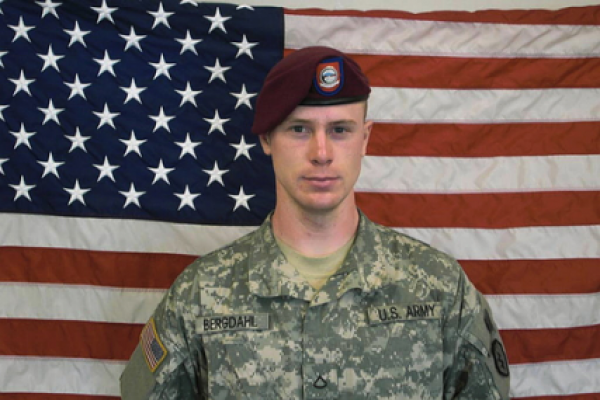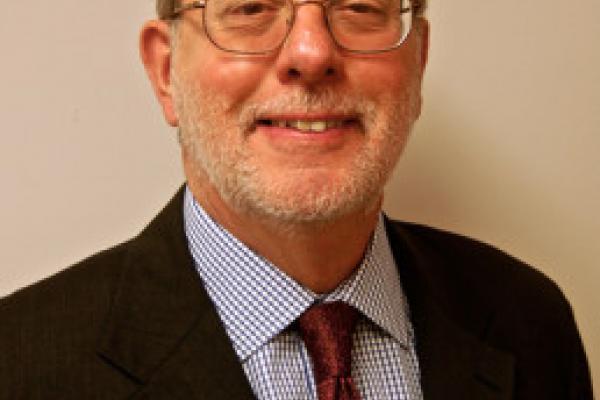"All persons are caught in an inescapable network of mutuality, tied in a single garment of destiny. Whatever affects one directly affects all indirectly. I can never be what I ought to be until you are what you ought to be, and you can never be what you ought to be until I am what I ought to be.” - Martin Luther King, Jr.
When my husband Billy and I married, he was a supervisor for underground drilling construction crews. It was hard work, but he enjoyed the fast pace and his team. Most of the workers, including Billy, were undocumented immigrants, working illegally in the U.S.
I was nervous. My new husband was driving giant construction equipment all over Southern California without a valid driver’s license. I knew one mistake could result in deportation and our sharing life together in Guatemala.
I expected exploitation and injustice. So while I was angry when situations arose, like not getting paid for a month’s worth of work, I can’t honestly say I was surprised. What did stun me, however, was a bizarre experience with Billy’s boss.
Billy had worked for James for a little over a year when a series of broken promises encouraged Billy to look elsewhere for a job. He found a company familiar with his work and willing to make him an offer. He politely turned in his two week’s notice.
James was not happy. In fact, he told Billy not to bother working the final two weeks. Then he did the unthinkable: he called and reported Billy’s immigration status to the authorities.
If the new Disney Studios movie Maleficent is, as some are saying, a feminist attempt to redeem images of weak and powerless women in fairy tales, then it is a cautionary tale. Feminism has always been its own worst enemy when it strives to create women in the image of men rather than encourage women to abandon rivalry with men and seek their flourishing elsewhere. This is a story about the redemptive power of a mother’s love. I wonder how many feminists will embrace that message?
For Nazry and I, our faith is paramount to how we think about immigration policy. The heaviest tears that we cried during his 10 months of detention were for the men and women in the detention centers who were scared and confused, without a network of support to sustain them like my husband had.
"The Clean Power Plan is a great step forward for our country in taking climate change seriously. It’s clear that President Obama cares about the legacy he leaves to today and into future generations. While there is a lot more that can and should be done by this Administration and by Congress, President Obama deserves our appreciation for embracing the common good and taking such a big step to preserve the earth for our grandchildren’s grandchildren."
About 30 global religious leaders working in their churches and organizations on environmental justice and advocacy for climate change met last month for the World Council of Church’s (WCC) Working Group on Climate Change in Wuppertal, Germany.
This group tackled the urgent issue of climate justice — as there are environmental problems caused by rich nations that affect others. This includes, for example, the great Pacific garbage vortex and depletion by U.S., Japanese, and Norwegian fishing of species, such as cod, on which smaller countries depend for sustenance, creating conditions that affect vulnerable communities around the globe. Climate change is affecting those in Africa as it dries up their land and enlarges the size of the Sahara desert. It affects Asia as huge storms flood broad areas of coastline, devastating homes and lives. Climate change is affecting the most vulnerable populations, which live near vulnerable croplands and shorelines and depend on farming and fishing for their livelihood. Climate change creates weather that takes lives and destroys communities.
Climate change workers realize that those who have contributed the least to CO2 emissions are (and will be) suffering the worst consequences.
My name is Tabitha Sookdeo, and I’m 20 years old. I was born in a third world country called Guyana. When I was 13 days old, I immigrated to Saint Maarten — a beautiful island in the Dutch Caribbean. From here appeared a foreshadowing of struggles. My father lived on the island for more than 20 years, and they never issued him an opportunity to get his citizenship, much less a status of permanent residency. However, he legally owned a construction business and paid taxes. When I turned 13 years old, the government refused to renew my stay. I attended school from kindergarten to 8th grade. I spoke their language of instruction, and I was recognized by the government as a top student. My family even helped to run a local ministry.
To move back to Guyana would be regression. Our lawyer recommended that we come to the U.S. so that my sister and I could go to school, because I was not allowed to attend high school on the island due to my legal status.
Taking direct aim at libertarian policies promoted by many American conservatives, the Honduran cardinal who is one of Pope Francis’ top advisers said Tuesday that today’s free market system is “a new idol” that is increasing inequality and excluding the poor.
The pope, Maradiaga said, grew up in Argentina and “has a profound knowledge of the life of the poor.” That is why, he said, Francis continues to insist that “the elimination of the structural causes for poverty is a matter of urgency that can no longer be postponed.”
“The hungry or sick child of the poor cannot wait,” the cardinal said.
For years, opponents of the Islamic Center of Murfreesboro vowed to take their legal fight to shut down the mosque all the way to the U.S. Supreme Court.
That fight ended Monday, when the nation’s highest court declined to hear their case.
The four-year conflict over construction of the mosque, which opened in 2012, brought national attention to this Bible Belt city of 112,000 about 30 miles south of Nashville.
Hundreds marched in protest after Rutherford County officials approved plans for the mosque in 2010. Televangelist Pat Robertson labeled the Islamic center a “mega mosque” and claimed Muslims were taking over Murfreesboro. An arsonist set fire to construction equipment on the building site.
Mosque opponents eventually filed a suit against Rutherford County, seeking to block construction of the worship space.
The newly freed soldier who spent nearly five years in captivity in Afghanistan has the mental and physical toughness to survive the experience, his former pastor said.
“If there’s anybody I can think of pulling through this, and doing well, it’s Bowe,” said Philip Proctor, who was pastor of Sovereign Redeemer Presbyterian Church in Boise, Idaho, when Bergdahl was a teenager.
“He has the mental and physical stamina not to be crushed by this experience,” Proctor said.
The two most critical requirements for democracy are freedom of the press and an educated citizenry.
The one informs the people and brings government and power into the open. The other enables people to comprehend information and to discuss opinions without resorting to panic and violence.
Power elites have declared war on both requirements.
These include “big money” oligarchs, such as the people who gather around the Koch brothers, politicians who cater to the wealthy in exchange for campaign contributions and government officials who have come to identify with the corporate and financial interests they regulate.
Through acquisitions of newspapers and television outlets and intimidation of reporters, these power elites seek to turn the press into propaganda vehicles and to distort information.
